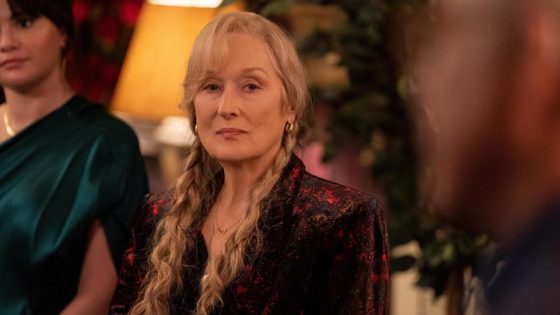Medal table | Olympic schedule | How to watch | Olympic news
PARIS — In a head-to-head battle for swimming supremacy at the 2024 Olympics, the U.S. topped Australia in the women’s 4×100-meter medley relay, and climbed to the top of the meet’s medal table with gold in its very last race.
After Bobby Finke’s gold in the men’s 1,500-meter freestyle earlier Sunday, the Americans and Aussies entered the 35th of 35 finals with seven gold medals apiece.
And in that last final, the U.S. foursome of Regan Smith, Lilly King, Gretchen Walsh and Torri Huske not only blew past Australia; they crushed the world record, finishing in 3:49.63, nearly a full second ahead of the previous best — which King and Smith also contributed to in 2019.
Smith led off with an Olympic-record split, and beat Australia’s Kaylee McKeown — who swept the individual backstroke events here in Paris — by 0.44 seconds.
King, swimming in her last Olympic race after individual disappointment, also scorched the breaststroke leg, and pushed the U.S. into a commanding lead, by almost three seconds.
Both later said they were unaware that the top of the gold-medal table was up for grabs when they dove into the water. “I had no idea,” Smith said. But then Walsh interjected: “I knew.” They all laughed. “I knew Bobby had tied it,” Walsh continued. “Bobby’s swim was electric, and that got my energy going for the relay. I was pumped to hopefully assert that lead and get the gold.”
Walsh dipped in and extended the lead again, as American fans here at Paris La Défense Arena roared. By the time she handed the relay over to Huske, even with cautious exchanges at the wall, the U.S. led Australia by a whopping 4.07 seconds.
Walsh was an hour removed from a “tough” four-place finish in the 50-meter freestyle. She had splashed and dashed to the wall 0.01 seconds too slow for a spot on the podium. “That always stings a little bit,” she said.
But she, like the rest of the foursome, had been looking forward to the relay all along. The Aussies had stolen it three years ago in Tokyo by 0.13 seconds. The Americans, though, a more complete team, knew they had world-record times in them.
“I just knew I had an even bigger, better opportunity to get on top of the podium in the relay,” Walsh said.
And one by one, they met opportunity with some of their best swims all week. For Smith and King, it was by far their best. King in particular has become something of a relay legend. This, therefore, was a fitting cap on an outstanding, boisterous, transformative Olympic career. (She is not retiring immediately, but has said she continue continue all the way through 2028.)
Huske finished with her fifth medal-winning swim of the meet. The 21-year-old from Arlington, Virginia, was the breakout American star of the week. So her anchor leg was also a fitting conclusion. After her own .01-second heartbreak in Tokyo, she responded three years later with three golds and two silvers — the best haul of any U.S. swimmer.
Smith, meanwhile, had stayed steady despite a string of silvers. Years ago, the second-place finishes to McKeown would have devastated her, and affected her for days, perhaps months to come. Here, she reassured herself that the color of medals was out of her control; she instead was proud of her times.
And on the final weekend of swimming at the Games, she put together her best one yet. She won two relay golds in two days. She stepped to the top of the podium for the first time.
And there, the four woman stood, shoulder to shoulder, hands over hearts, beaming with pride, having dragged Team USA to the top of swimming’s gold-medal table for a ninth straight Olympics.
Source Agencies



